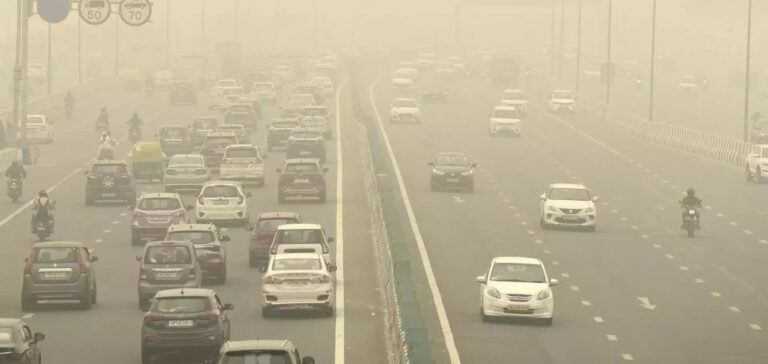CO2 emissions from global road transport are expected to peak in 2025, reaching approximately 9 gigatons, before gradually decreasing to 7.1 gigatons by 2050. This finding comes from the International Council on Clean Transportation (ICCT), a non-governmental organization specializing in transport sector analyses.
This new forecast marks a significant change from the scenario established in 2021, which projected stabilization of emissions until 2050 before any decline. This shift is attributed to several key factors, including the rising prominence of electric vehicles (EVs) in major global markets—China, the United States, and the European Union (EU)—as well as the implementation of stricter climate policies.
The Crucial Role of Regulations and Markets
Decarbonization policies adopted by August 2024, such as mandates for a significant share of EVs in new vehicle sales, play a pivotal role in this trend. The decreasing costs of EV production and increasing consumer adoption further support this dynamic.
However, the ICCT notes that these improvements are not uniform globally. While major economies show promising results, other regions, particularly in Asia, continue to experience rising emissions.
Climate Goals: A Challenge to Meet
To meet the goals of the Paris Agreement on climate change, which call for annual emissions reductions to 2.3 gigatons by 2050, additional efforts are required. This includes accelerating the electrification of vehicle fleets in countries such as China, Indonesia, and Brazil.
Risks remain significant, however. A weakening of decarbonization policies, particularly in Europe where criticisms over the cost and complexity of climate measures are mounting, could delay this emissions peak. The ICCT also warns of a potential global automotive activity increase faster than expected, which could jeopardize progress made so far.
A Future Under Watch
Some nations, like Canada and the United Kingdom, have also set ambitious deadlines to ban the sale of gasoline and diesel cars in the coming years. These initiatives must be accompanied by accelerated technological innovation and greater EV adoption to ensure the downward emissions trajectory extends beyond 2025.






















